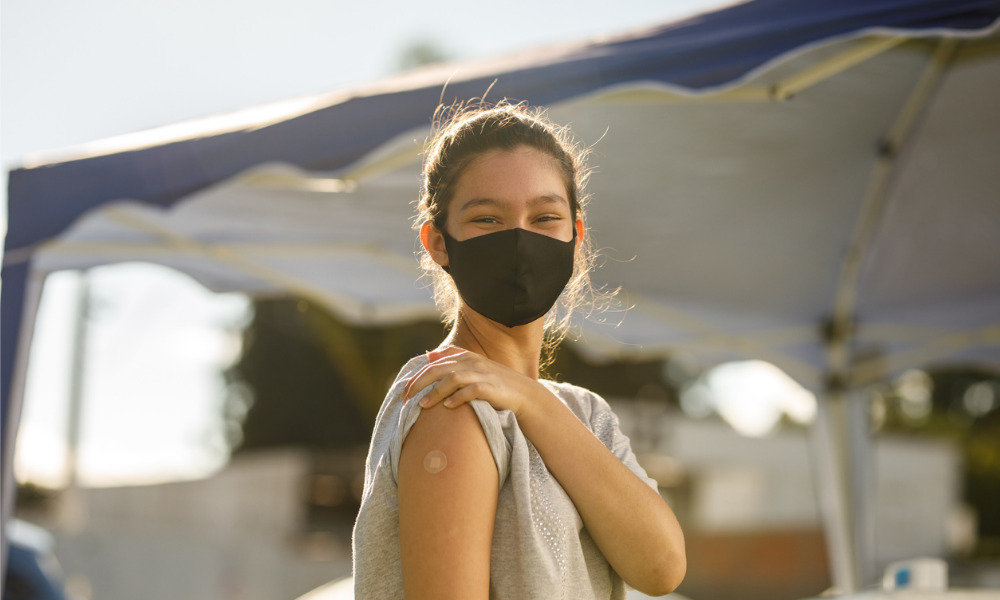
Workers, however, are still hesitant to leave the remote setup

Employees are starting to look positive on job opportunities for the latter half of the year amid on-going vaccinations across Singapore, according to a new study.
In a survey conducted by Randstad Workmonitor, 58% of Singaporeans are confident of having more job opportunities later this year.
Meanwhile, more individuals agreed that they are more likely to get job offers if they get vaccinated. According to the survey, 68%, or more than three in five respondents, believe they will have more employment opportunities once they get their COVID-19 jabs.
Randstad attributed the positive figures to on-going vaccination programmes, as well as the re-opening of more companies to applicants since late last year.
"The vaccination roll out programme in Singapore has clearly injected a new level of confidence and assurance in our workforce. This sentiment is in line with the improving business confidence that we've observed since Q4 2020, where more companies started to hire new headcounts," said Jaya Dass, director for Randstad Malaysia and Singapore, in a media release.
"As economic prospects become more optimistic, we can expect the uptick in hiring activities to reach pre-COVID levels in Singapore soon," the director added.
The study also revealed that 67% of the respondents want to continue working from home until the jabs have been widely distributed to the population.
Randstad cited safety behind the hesitation of employees to return to the workplace, with 61% saying they feel unsafe in their offices until all their colleagues are vaccinated.
Despite this, a massive 70% of respondents said they are willing to return to their offices once it is possible.
Dass attributed the willingness to the "different type of energy in the office."
"Employees are able to interact with one another in person, have more on-the-job learning opportunities, and for some, help draw a clear line between work and home."
According to Dass, employers will need come up with new workplace policies to protect both vaccinated and unvaccinated staff while "meeting the workforce's increasing expectations for remote work."
Such expectations include greater work autonomy and flexibility on work schedules, said Dass, adding that employers should not be surprised if staff want to continue working from home even after the pandemic.
Randstad's survey on employee outlook during the first half of the year was conducted in March across 34 markets in the world with a minimum of 400 respondents in each one.